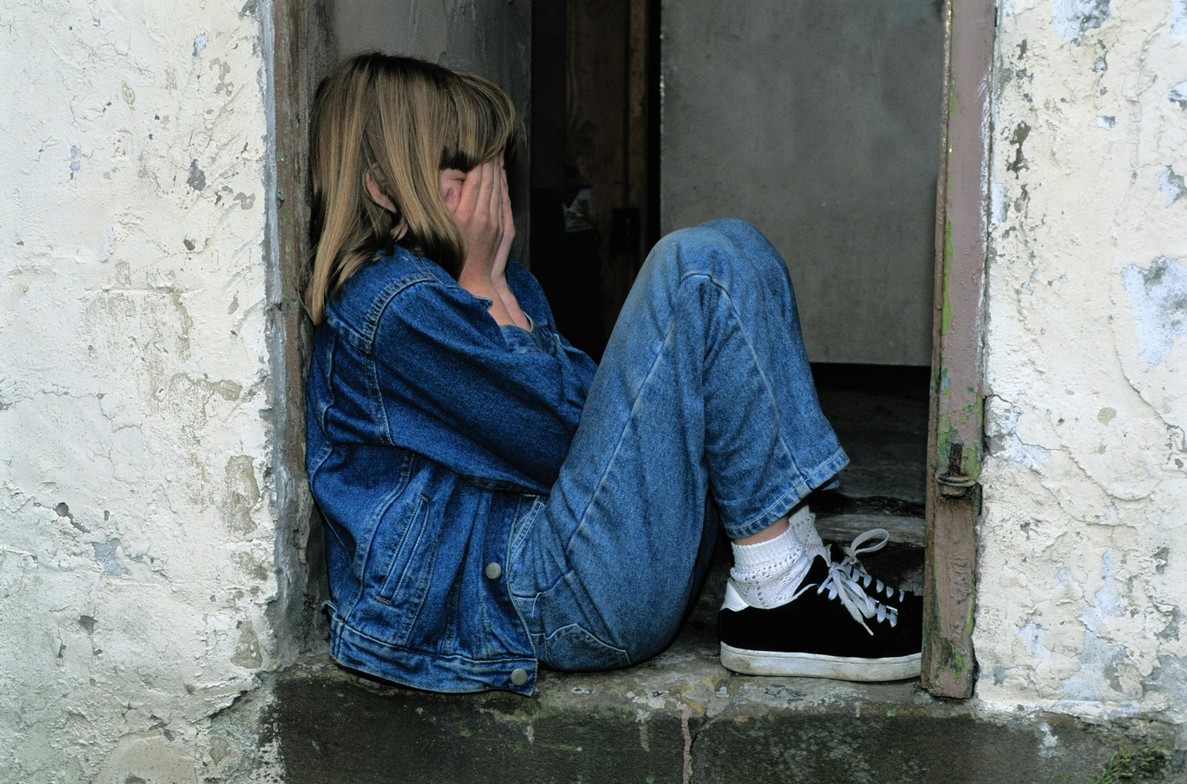When Pressure Turns Into Panic
Understanding performance anxiety — and how you can help your child feel safe, confident, and capable again.
It can be heartbreaking to watch your child struggle with big emotions before a test, a recital, or a game. What starts as wanting to do well can quickly turn into tears, tummy aches, or even refusal to participate. These moments often aren’t about stubbornness — they’re about fear. When pressure turns into panic, children need safety and support more than reassurance that “it’s no big deal.”
The good news? With understanding and the right tools, kids can learn to calm their bodies, quiet their worries, and rebuild confidence from the inside out.
What Is Performance Anxiety?
Performance anxiety happens when the body’s natural “fight, flight, or freeze” response activates in situations that feel high-stakes — like tests, performances, or sports events. Even though the situation isn’t dangerous, the brain and body react as if it is.
Children might feel dizzy, shaky, or nauseous. They might cry, shut down, or become irritable. This isn’t a sign of weakness — it’s their nervous system trying to protect them from perceived threat or judgment.
Why It Shows Up
Several factors can contribute to performance anxiety in children and teens:
-
High expectations — pressure to “get it right.”
-
Perfectionism — fear of making mistakes or disappointing others.
-
Comparison — measuring themselves against peers.
-
Lack of coping tools — not yet knowing how to calm their body.
-
Sensitive temperament — feeling emotions deeply.
Understanding why anxiety happens helps parents respond with empathy instead of frustration.
How to Support Your Child
1. Normalize It
Let your child know that feeling nervous is a normal part of caring.
Try saying, “Feeling nervous just means you want to do well.”
2. Teach and Model Calming Tools
Practice breathing, grounding, or visualization together.
When parents model calm, kids learn regulation through connection.
3. Reframe Mistakes
Mistakes aren’t failures — they’re opportunities to grow.
Shift from perfection to progress.
4. Practice and Prepare
Do small “run-throughs” at home. Familiarity reduces fear.
5. Build Confidence Gradually
Praise effort, not just results. Celebrate what went well — even in imperfect moments.
6. Know When to Seek Support
If anxiety starts to affect your child’s daily life, therapy can help.
A child-focused therapist can teach coping skills and explore worries safely.
When Parents Feel the Pressure Too
It’s natural to feel anxious when your child struggles.
Remember — calm is contagious.
By taking a breath and staying grounded, you help your child’s nervous system feel safe through yours.
With Understanding, Confidence Can Grow
Performance anxiety is real, but it doesn’t have to define your child’s story.
With empathy, structure, and support, kids can learn to face challenges with courage — not fear.
Need More Support?
You don’t have to navigate your child’s worries on your own.
Sarah Humphrey, CYW, MSW, RSW works with children, teens, and parents to ease anxiety, strengthen emotional connection, and build lasting confidence.
519-639-4698
therapy@evolvegroupinc.net
www.evolvegroupinc.net
evolve Psychotherapy & Consulting Group Inc.
Where healing meets understanding.




